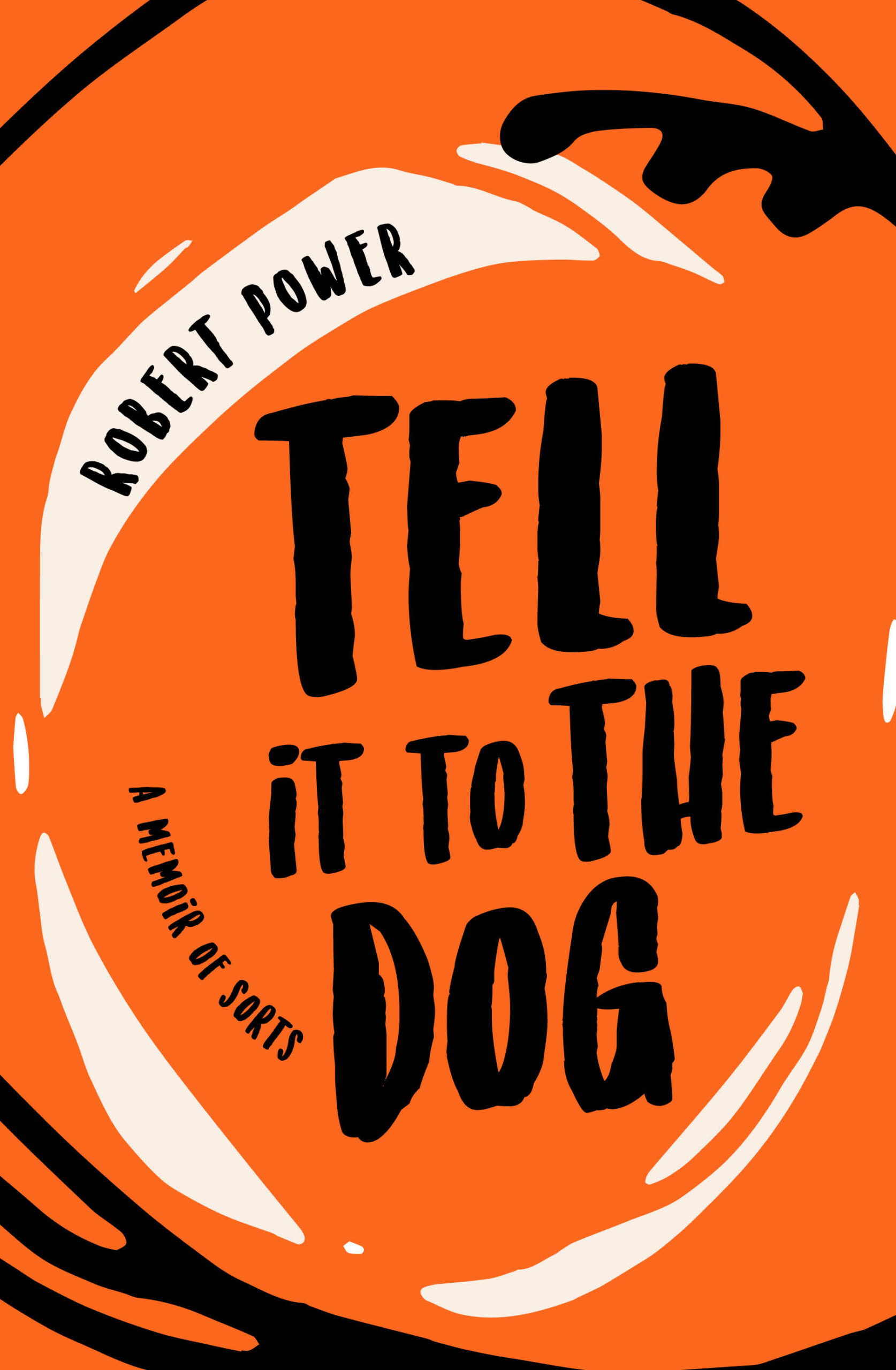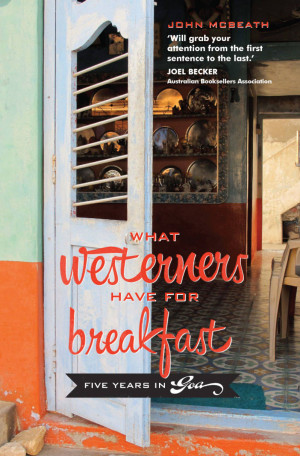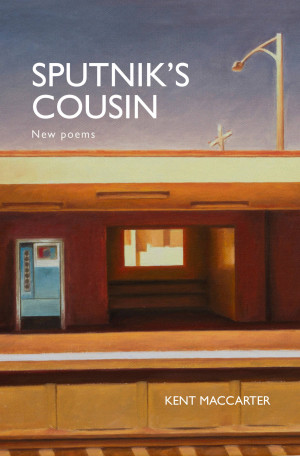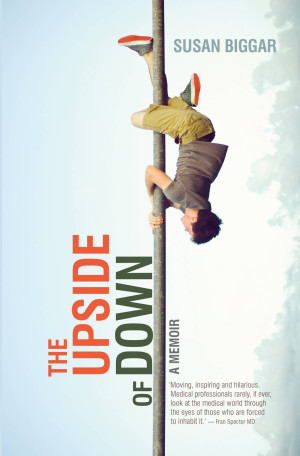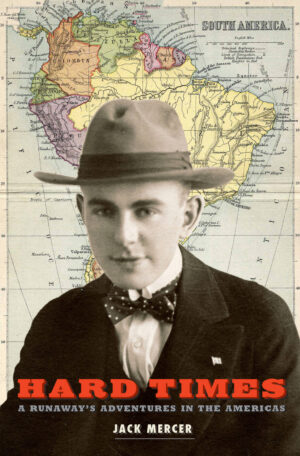Description
‘Robert Power’s journey is one of great heart, risk and compassion. He is a craftsman using language as a fine tool to carve a life story enmeshed in the values of our common selves.’
Tony Birch, author of Ghost River
Tell it to the Dog is an exquisitely written memoir that is at once playful, heartbreaking and affirming. From a Dublin childhood to London, then on to Europe, to Asia and Australia, there is a deep engagement with the world in this book about growing up, about human and animal connectedness, about friendship, love and loss. Power understands the uncanniness and endurance of memory. He can make us laugh, and then stop us in our tracks at the profundity of this business of meeting life. Each of these short chapters is beautifully complete; together the whole thing shimmers. In the most delightful and subtle of ways, the language, trajectory and wisdom of Tell it to the Dog underscores our need to embrace our own vulnerabilities, to confront our experiences and memories, and to believe as Jane Austen once wrote, that ‘when pain is over, the remembrance of it often becomes a pleasure’.
‘With exquisite prose and riotous feeling, Robert Power has created a stained glass window of a book, through which we gaze, as if for the first time, into what it means to live a life. ’
Catherine de Saint Phalle, author of Poum and Alexandre
Subtitled “A Memoir of Sorts”, Tell It to the Dog is organised into six sections, and it’s clear why the generic label needs qualification. Few of the usual markers of memoir are present: questions of what, who, when, why and how are left unanswered or at least dealt with out of the usual sequence. Instead Power gives us short vignettes, lyrical or anecdotal, none longer than a couple of pages, some not more than a hundred words. Names are often withheld, reference carefully disordered — there are many “hes” and “shes”, but not necessarily the same person: reading here demands that you pay close attention and not jump to conclusions.
The earlier sections present a world of drunkenness and violence in Dublin and England, a childhood of midnight flits and neglected pets. One section begins: “When Father comes back from the hospital/sanatorium/mental institution/doctor after the detoxification/antidepressants/electric shock therapy/Antabuse …”, and while the father seems an everyday patriarchal ogre, he also comes to seem pathetic, and later in the book some kind of rapprochement is established. There is also the weirdly, almost extravagantly atypical: the boy and his mother sharing an obsession with ancient Egypt, for instance.
Power has set out not to write a misery memoir: not least because alongside the dark material there is lyricism that could come from anyone’s childhood, and at the end of the second section he says he used to tell the story of his life as the story of a victim: “It was easy, even natural, to fall back into this narrative: a comfortable shoe, well-travelled, snugly fit.” But now he has resolved to tell a different story, of hope and redemption.
As the book progresses its attention shifts outwards, and becomes rather like a discontinuous travel narrative of a peculiarly deglamourised and deromanticised form. Power’s pre-literary career in public health and AIDS prevention has taken him around the world. This progress, from a hard childhood to an adulthood of public service, is a moving one: the hope and redemption turn out to be real things, for a change.
Owen Richardson, Age/SMH 22 September 2017

